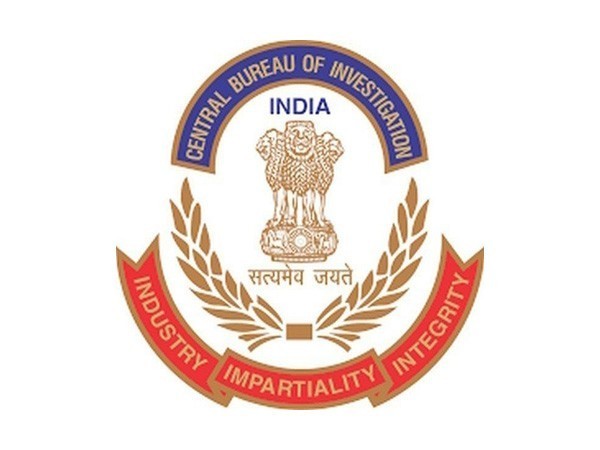Ishrat case: CBI opposes discharge pleas of four Gujarat cops

- Country:
- India
The CBI on Saturday opposed a plea by four Gujarat policemen seeking their discharge in the 2004 case of alleged fake encounter of Ishrat Jahan and three others on grounds of absence of state's sanction to prosecute them. Gujarat's Inspector General of Police G L Singhal, retired Deputy Superintends of Police Tarun Barot and J G Parmar, and SRP commando Anaju Chaudhary have also sought their discharge on grounds of parity of their cases with those of discharged police officers D G Vanzara and N K Amin in the same case.
In their discharge pleas to the court of Special Judge P K Dave, the four policemen have also asserted that the government has not granted sanction to the CBI to prosecute them (under section 197 of the CrPC). The Central Bureau of Investigation, however, opposed the four policemen pleas, contending that the sanction for prosecution against the four was not needed under section 197 of the Criminal Procedure Code as the case pertains to serious offenses including that of murder.
"The CBI has consistently maintained that there is no requirement of sanction for prosecution under section 197 of the CrPC in the cases where offenses relate to a criminal conspiracy of abduction, illegal confinement, murder, etc," the CBI said in its application to the court, opposing the four policemen's plea. Under section 197 of the CrPC, the competent authority is required to grant sanction to prosecute public servants accused of the offence alleged to have been committed while acting or purporting to act in the discharge of their official duty.
"It has been a consistent stand of the CBI during the filing of the chargesheet and during the discharge applications of the accused persons that the case does not warrant sanction for prosecution as envisaged under section 197 of the CrPC. "The court (the special CBI court), however, in its order dated August 7, 2018, said the sanction for prosecution is required against them (Vanzara and Amin). In view of the order of the court, the CBI approached the competent authority -- the State of Gujarat -- for sanction for prosecution. The competent authority declined sanction for prosecution against both of them," it said.
The CBI said Singhal, Barot, Parmar, and Chaudhary cannot seek the discharge on grounds of parity with cases of Vanzara and Amin because "the role of each accused person is different and evidence available against each accused person is different". The CBI, which was handed over the investigation of the case by the Gujarat High Court on December 2011, had filed a chargesheet against former in-charge DGP P P Pandey, the then IPS officers Vanzara and Singhal, Amin, Barot, Parmar, and Chaudhary on July 3, 2013.
They were charged under various sections of the Indian Penal Code and the Arms Act. The court had first rejected the discharge applications of Vanzara and Amin after the CBI contended that their role in the alleged fake encounter was clear and greater than that of accused Pandey, who had been discharged earlier.
The CBI had then cited statements made by the police officials before it. The court, however, later allowed pleas of Vanzara and Amin after the state government declined sanction to prosecute them.
Ishrat, a 19-year-old woman from Mumbra near Mumbai, Javed Shaikh alias Pranesh Pillai, Amjad Ali Akbarali Rana, and Zeeshan Johar were killed by Gujarat police in an alleged fake encounter on the outskirts of Ahmedabad on June 15, 2004. The police had claimed that they had links with terrorists.
(This story has not been edited by Devdiscourse staff and is auto-generated from a syndicated feed.)
ALSO READ
Navi Mumbai police book five persons for duping Iranian date trader of Rs 4.3 crore
Peon held for sexual assault on 7-year-old girl on school premises in Mumbai
Ashwin Sheth Group Embraces the spirit of Gudi Padwa with a limited-time offer on selected premium properties across Mumbai
Increased match fee for Mumbai Ranji players will bring them freedom: Batter Bhupen Lalwani
IPL: Mumbai Indians get Suryakumar boost ahead of clash against Delhi Capitals










